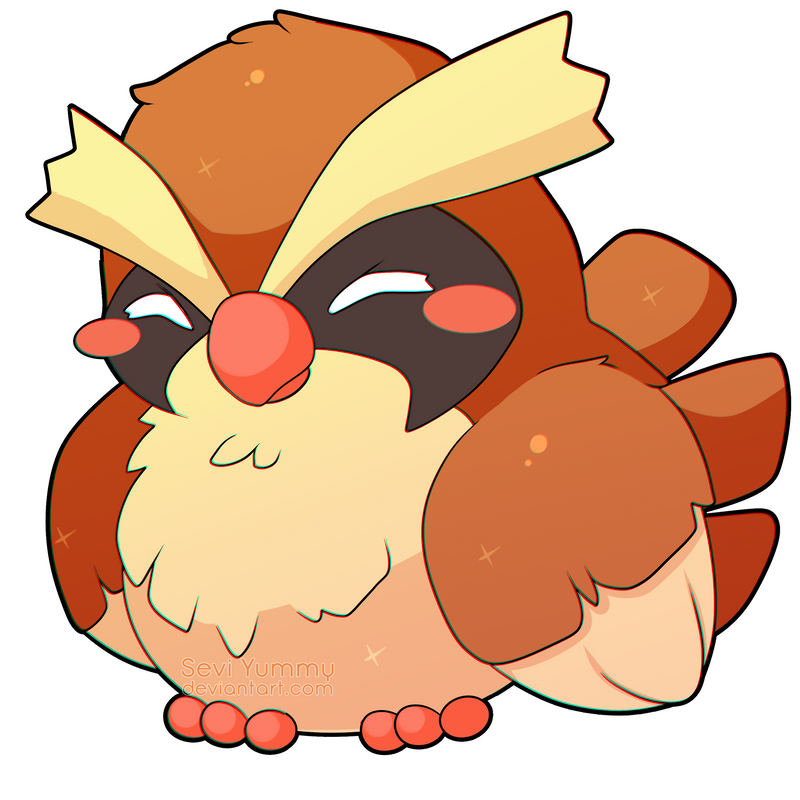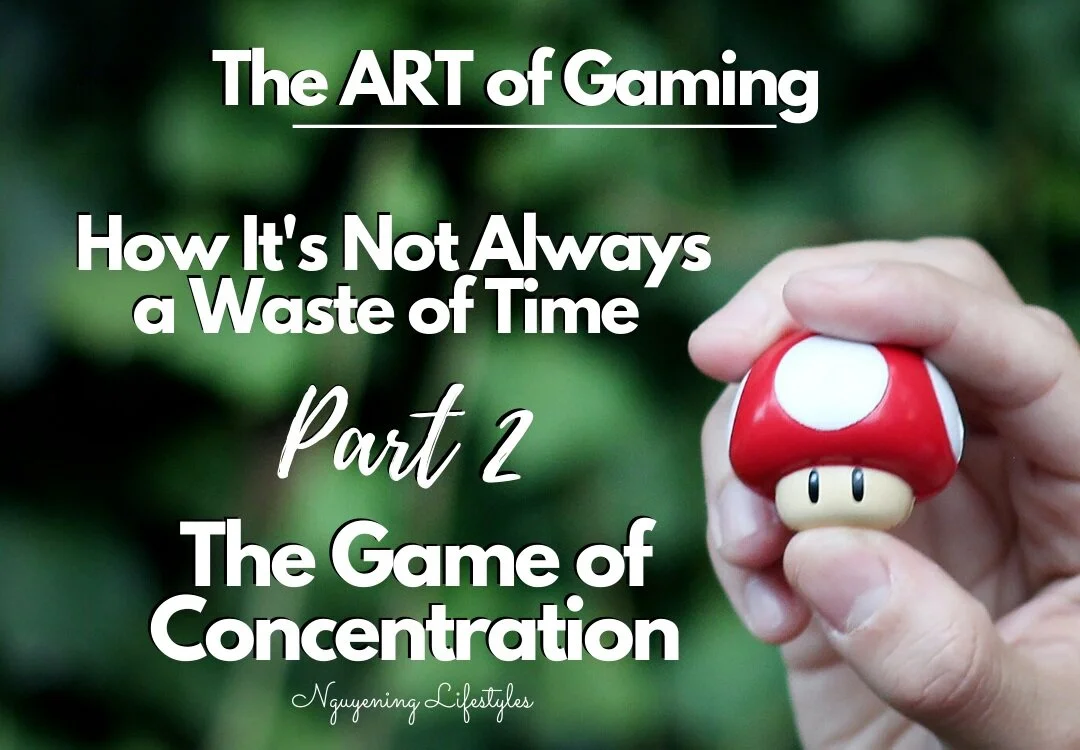The ART of Gaming and How It's Not Always a Waste of Time Part 3: Thinking Strategically
 Written By: Gen Nguyen | Read full profile
Written By: Gen Nguyen | Read full profile
This post contains affiliate links which means if you click on a link and choose to make a purchase I may receive a commission at no additional cost to you. You are not obligated to do so, but it does help fund these blogs in hopes of bringing value to you! See our disclaimer for more information.
Joke of the Blog: What kind of Pokemon bells do losers ring?
Congratulations! You made it to part 3! Give yourself a round of applause for sticking with me as I argue how gaming could increase important skills in any adult life.
In my first and second blogs, I explained how CoD and Smash Bros were able to enhance coordination and concentration but I also said Pokemon had little to no influence on these skills. However, playing Pokemon, whether it’s the trading card or adventure game, isn’t all useless. There’s a lot of strategic thinking that goes into play. Observe.
Let’s break down the adventure game that everybody knows and loves because I’m pretty sure most people don’t know that Pokemon was also a trading card game and the name was derived from Pocket Monsters.
In any Pokemon game, you start out in your hometown. I’m gonna reference the Kanto region, but if you haven’t played Pokemon and don’t know what I’m talking about then please do. There’s a bunch of websites where you can play on an emulator. The first major milestone is choosing your starter Pokemon: Squirtle, Bulbasaur, or Charmander. Whichever Pokemon you choose sets the scenario that’ll play out later in the game.
So let’s say you choose Charmander (fire starter, best starter). Your rival will choose Squirtle (a water-type) in an attempt to beat you. But you’re lucky because Squirtle doesn’t know bubble or water gun yet so all you have to do is constantly attack with scratch and you’ll beat him. Sounds simple right? Wrong.
So you beat your rival in the first encounter. Now you move onto different cities, battling trainers, catching more pokemon. The first few pokemon you can catch are either normal or bug-type with the exception of Pidgey (flying-type). Or maybe you’re lucky and you find a Pikachu in the Viridian forest. Whichever pokemon you catch will eventually help you later on in the game. But for now let’s say you caught a Pidgey thinking a flying-type could be useful.
The first gym leader you battle is Brock, a rock-type specialist. Oh but wait. Your Charmander and Pidgey are both weak against rock! Well… now you’re screwed but no worries cause there’s this thing called a reset button (basically turn off/on your game again). So now you’re trying to level up your Pokemon to increase defense, attack, and speed but don’t know how much to level up so you keep restarting the game. OR maybe you’re lucky and you dealt a critical hit or Brock’s pokemon keeps missing. Who knows.
I’m getting too much into this game so it’s best to actually experience the gameplay. Basically, in the end, you have to defeat a party of 5 (the Elite 4 plus your rival). Each elite has their own specialty (Ice/water, Fighting, Ghost, Dragon) and 5 pokemon. Your rival has 6 pokemon, one of which is a Blastoise (the last evolution of Squirtle). Your end goal is to create a team that can defeat the Elite 4 and your rival. The twist? You can’t heal your pokemon unless you have potions, revives, and full heals. This is where the strategy starts to play.
Your team of 6 pokemon need to be strong and versatile. You can’t have all fire-type or rock-type pokemon. It’s just not sound. But you also have to choose which fire-type (if you want one) you want to fight alongside you in your party. Do you keep Charizard or do you trade it in for a Ninetails? But maybe you want a flying-type cause you’re too lazy to travel to different cities via bike. So do you choose Pidgeot or Fearow? It all comes down to the pokemon you choose and HOW you play the game.
Pokemon isn’t the only game that’ll help you’re planning and strategic thinking. Card games are also effective in helping you strategize. Take VC (also known as 13 or Tiến lên. In recent years, I have never lost a game of VC (last place). This was because the more I played, the better I got at playing my hand. No matter how terrible my hand was dealt, I still placed above last.
I’m not going to go into the mechanics of the game or how I was able to do it (a magician never reveals their trick), but I want to say that it did help me come up with different plans just in case one of them gets thwarted. And with each plan, I never lost. Either I win or use the person before me to my advantage and place 2nd.
If you don’t believe me, there are studies that show playing video games can increase thinking and cognitive flexibility. Source: https://journals.plos.org/plosone/article?id=10.1371/journal.pone.0070350.
Answer: Weepinbell
Disclaimer: Just because I said playing video games can help increase coordination, concentration, and strategic thinking doesn’t mean that you should play all day everyday and forget about studying. Play in moderation as well as study hard. Remember games don’t get you anywhere in life. Look at me.
Recommended Posts:










